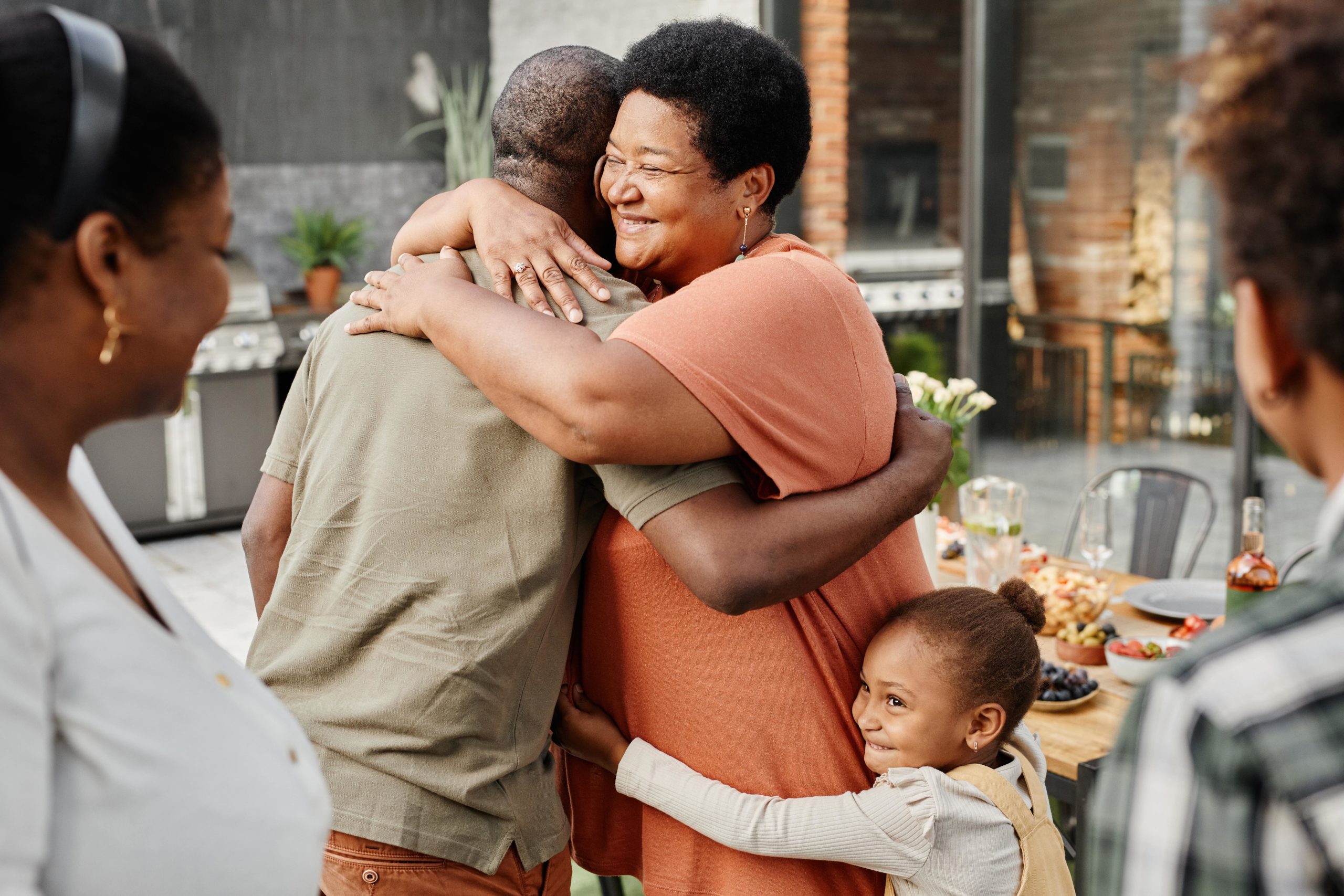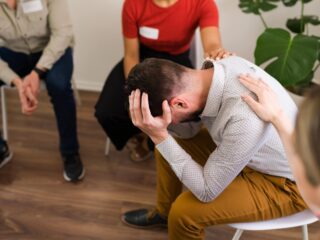The holiday season presents a special challenge to those in recovery. Whether you are newly sober or have been sober for years, there is still the risk of relapse. From having to put up holiday decorations and buy gifts to holiday parties and meals, there can be all sorts of holiday stressors in recovery.
Top Holiday Stressors in Recovery
Sure, you could always lock yourself away in a sober living facility from Thanksgiving until after New Year’s if you are worried about relapsing during the holidays. However, there are other alternatives for you to consider once you become more familiar with the top holiday stressors in recovery.
Financial Stressors
During the holiday season, many people overspend on holiday gifts creating financial concerns they have to face later. This added stress can lead to worry and relapse for someone in recovery. In addition, they can feel guilty about overspending and not managing their finances better.
Holiday Parties and Family Gatherings Stressors
The holidays often translate into parties and family gatherings. It is easy to get overwhelmed when you are getting multiple invites. You may feel obligated to attend every single one. However, this can create added stress you simply do not need, especially when there will be alcohol served and potential drug use.
Family Stressors
Being around certain family members during the holiday season can be stressful. For example, if you have unresolved issues with a relative and have to be around them at family gatherings, it could be the trigger that pushes you into relapse.
Furthermore, you can have relatives that do not fully understand addiction. As a result, they could attempt to pressure you into having “just one drink” or taking “one hit” as it will not hurt you. Unfortunately, they do not realize that using just once can send you into a relapse.
Over-Commitment Stressors
It can be a natural response to want to make those around us happy during the holiday season. Sadly, this can result in over-commitment to various obligations that can leave you busy from the time you get up in the morning until you go to bed. As a result, you may not stick to your normal routines and schedule, miss meetings, and find the stress too much to handle.
Emotional Stressors
People in recovery can feel embarrassment, depression, anger, guilt, shame, and humiliation about their prior holiday behaviors when they were drinking and using drugs and how it affected those around them. Sometimes these emotional stressors can feel so overwhelming that it sets off strong cravings as a means to cope.
Eight Tips for Dealing with Holiday Stressors in Recovery
Now that you know what stressors to look for during the holiday season, let’s look at some effective tips that can help you remain sober and avoid relapse.
- Limit your commitments. You do not have to attend every holiday party or family gathering or feel obligated to over-extend yourself. Instead, selectively choose a few things you know will not cause you to be overstressed and politely decline the rest.
- Establish healthy boundaries. You should already be practicing this as part of your recovery. During the holiday season, you need to double down on your efforts and maintain those boundaries no matter what.
- Avoid putting yourself into situations that set off triggers. For example, suppose you still have unresolved family issues or know if you attend a family gathering, you will be around others that encouraged your addiction. Then avoid putting yourself in harm’s way.
- Consider alternative sober celebrations. Hosting a sober holiday gathering with sober friends and family members can be more rewarding than being around family that makes you want to drink or use drugs. Plus, everyone can continue supporting and encouraging each other to maintain sobriety during the holidays.
- Stick to your routines. Having established routines and following them is an essential part of recovery. During the holiday season, do not deviate from them. Instead, adjust your daily schedule to allow for some holiday fun in between work and meetings.
- Have a support system in place. It is essential to have a support system in place should you find yourself wavering and contemplating relapse.
- Create new holiday traditions. If being around your family is too much, pick your own family from your sober friends that support your recovery. You can share meals, watch holiday movies, go to sporting events, or even take a holiday vacation together.
- Do not be afraid to say no and stick to it. Learning to say no during the holidays may seem difficult. However, you need to put your physical, emotional, and mental health first. There is no reason to put yourself into situations that threaten your sobriety.
What If I Relapse During the Holidays?
The most important thing is to get back on track with your recovery. Keep in mind relapse does not mean you have failed. More than 85 percent of people in recovery relapse within a year of their initial rehab treatment, as reported by the NIDA.
Fortunately, this relapse percentage drops as people continue working on their recovery and relapse prevention skills. After two years of sobriety, the risk of relapse drops to 40 percent. Then after three years, it falls to 9.6 percent, and after five years, it drops to 7.2 percent.
Relapse Prevention, Detox, and Treatment in Columbus, OH
Should you feel overwhelmed by the holidays and need assistance with relapse prevention, or if you relapse and want to get your recovery back on track, Ohio Addiction Recovery Center in Columbus, OH, is here to help. We provide a caring, safe, and supportive environment to help you through the holiday season. To speak with an intake specialist, contact us today.






